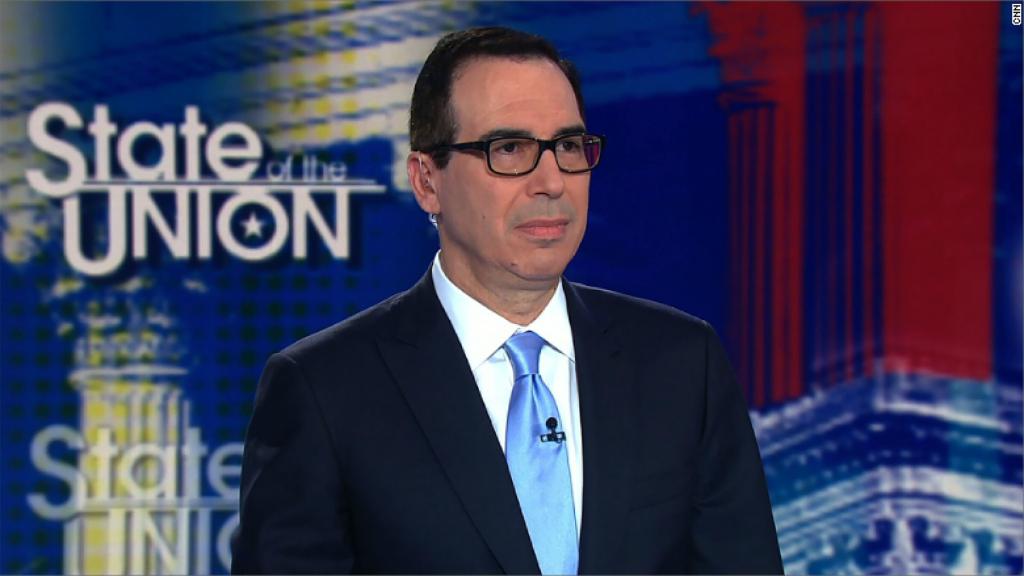
New York Governor Andrew Cuomo says the federal government just lobbed an "economic missile" at New York by limiting tax filers' state and local tax deduction.
And he urged the state's lawmakers Tuesday to take action now to avoid it.
"Change our tax code in a way that thwarts that attack," Cuomo said Tuesday in his 2018 budget address.
The purpose of the attack, in his view, is to subsidize the trillions in tax cuts contained in the new federal tax overhaul passed in December.
Cuomo noted that New York already sends $48 billion more every year to the federal government than the state gets back. Capping the SALT deduction at $10,000 will add another $14 billion to that, his office estimates.
But, Cuomo said, two structural changes to New York's tax code might mitigate the impact of the cap on New York taxpayers. The governor's office estimates the SALT cap will increase New York middle class families' property and state income tax burden by 20% to 25%.
Adopt a payroll tax
Cuomo has directed his Department of Taxation and Finance to outline options for creating a state payroll tax to replace the income tax on wages.
The payroll tax would be paid by employers based on the wages they pay their workers. And the employers may still deduct those payroll taxes on their federal return.
Employees, meanwhile, would not pay any state tax directly on their wages. Instead, their wages likely would be a bit lower to reflect the cost of the new tax to their employer.
Cuomo explained it this way: Say you paid $5 to the state in income taxes for every $100 you earned last year. Under the new system, that $5 would be paid by your employer. But your income likely would be $5 less as a result. You'd still end up with the same $95 either way. And your employer's costs would still be $100 but your company could deduct the $5, since the payroll tax is a deductible employer expense.
"At the end of the transaction, it costs business nothing and the employee is held harmless from ... the loss of (state and local tax) deductibility," Cuomo said.
He acknowledged such a switch would be dramatic as well as complicated, since the state also would maintain its income tax for non-wage income.
But the idea of a new payroll tax may not sit well with all businesses.
One upstate business advocacy group worries that it could create more administrative burden and higher costs for employers.
"Simply shifting New York's ever-increasing tax burden onto employers -- rather than reducing state spending or reforming property taxes -- will likely exacerbate New York's already well-established economic challenges and population decline," said Greg Biryla, executive director of Unshackle Upstate.
Offer state tax credits for charitable contributions
To help offset the limitation on people's property tax deductions at the federal level, Cuomo has also asked his tax department to outline options to let New York state residents make a charitable contribution to the state through local government funds that might help finance education or health programs.
In exchange for the charitable contribution, the state would issue the resident a tax credit, although it's not likely to be dollar for dollar, Cuomo said. In addition the resident could deduct his charitable contribution on his federal tax return, since the new federal tax law does not curb charitable deductions.
A similar proposal has already been introduced in California, which is another high-tax state worried about the SALT deduction cap's impact on its residents.
More details on both proposals are expected later this week when the New York Department of Taxation and Finance is expected to put out its preliminary report.
